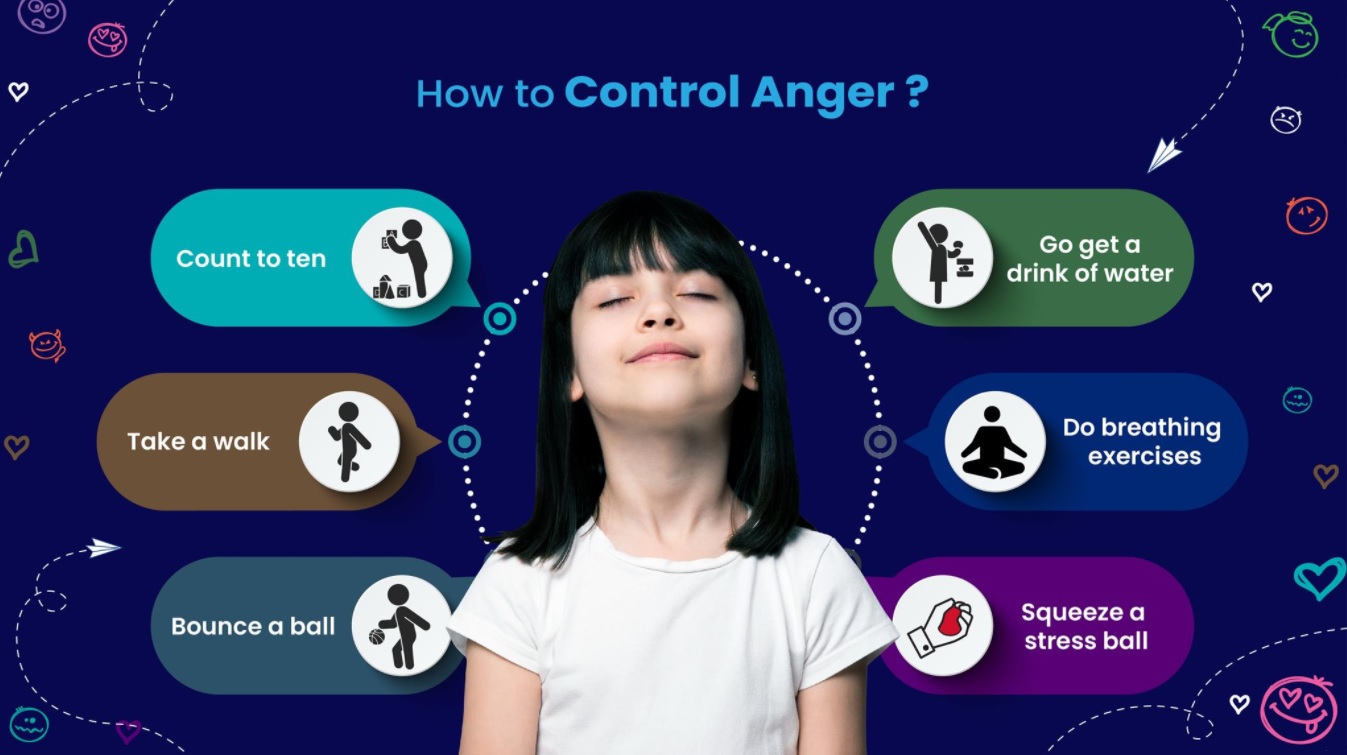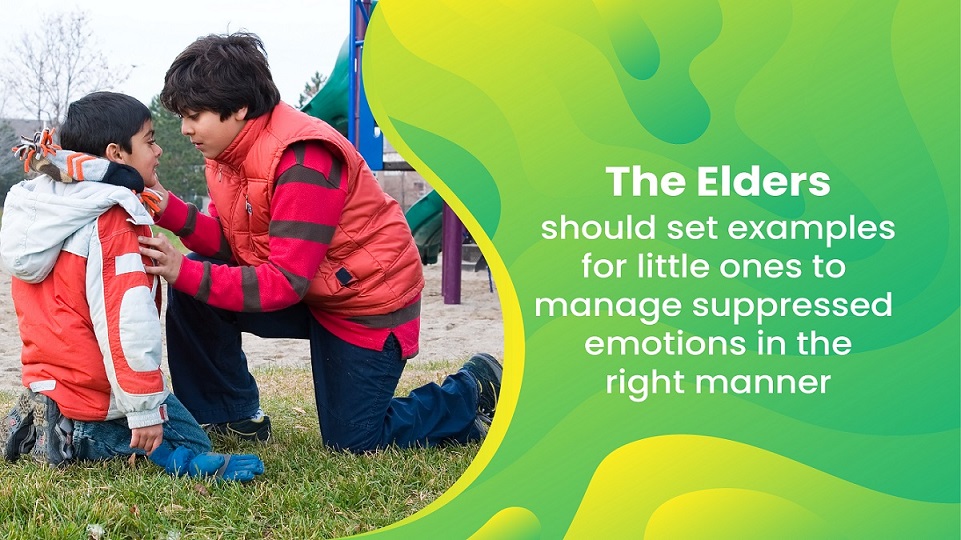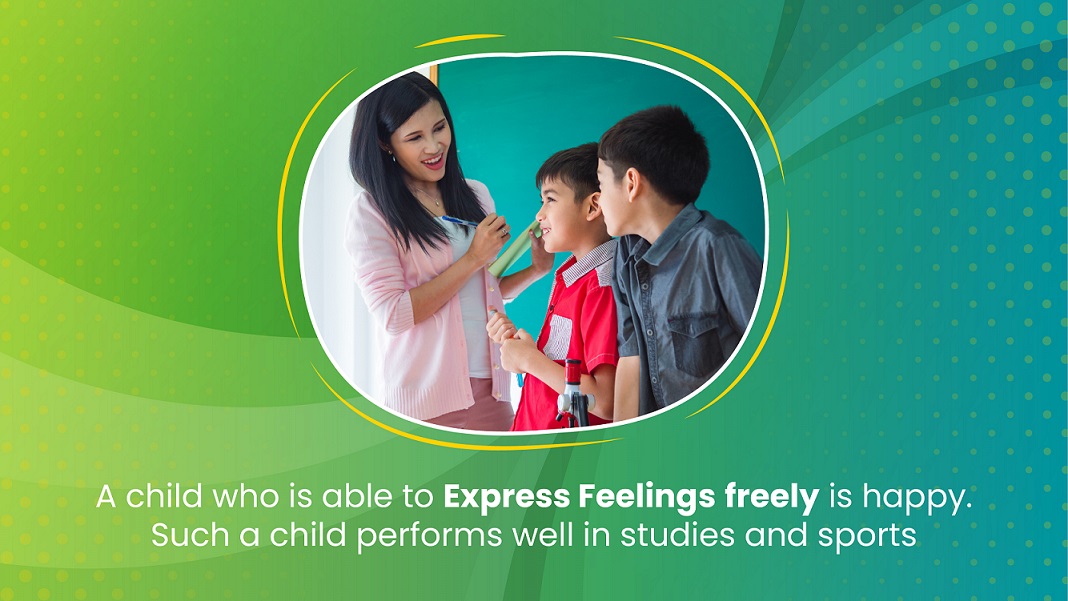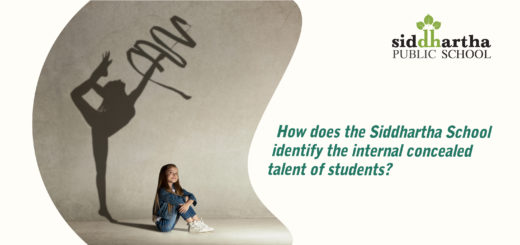What are ‘anger-free zones’ for CBSE schools in India?
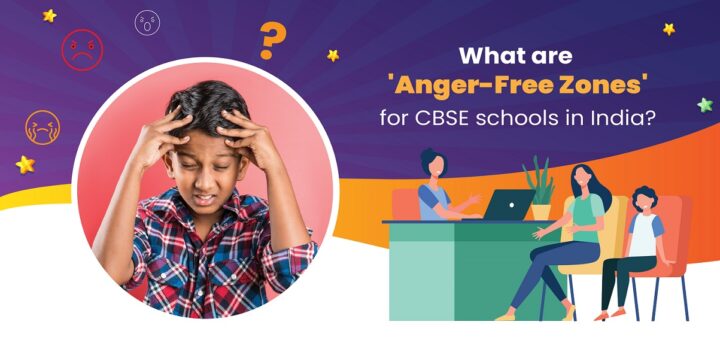
The Central Board of Secondary Education has directed schools to manage ‘anger’ to endure a fun learning environment and happy school. Schools have been asked to convert the premises into ‘Anger-Free Zone’ or ‘No-Anger Zone’.
Anurag Thripati
CBSE, Secretary
There are many ways to promote mental well being in children. Just as food nourishes the body, certain habits are required to nurture brain cells. It is vital for an overall mental state. As children are quite sensitive, schools now have to focus on their emotional stability. CBSE schools, to become ‘Anger-Free Zones’, are required to make space for this new development. It will help students to develop the right skills and a balanced state of mind as they study.
Are there ways Siddhartha Public School is geared to address this vital framework? Yes. As the best CBSE school in Hyderabad the management works on current trends to safeguard all children enrolled for academics.
This post throws light on some of the ways it promotes the concept of ‘Anger-Free Zone’ for its students’ well being.
What exactly are ‘anger-free zones’ for schools in India?
In this concept everyone has to manage ‘anger’ and this not only includes students but also teachers, parents and other instructors. The elders set examples for little ones so they are able to manage suppressed emotions. Some ways to promote include smiling genuinely and responding to greetings to each other. Breathing exercises and talking calmly can be encouraged. As most children and teachers are now online it is equally important to practice switching off from digital activity, cell phones and constant screen time. Keeping time off (at least 30 minutes) for oneself allows even young children to be mindful.
Why focus on anger (management)?
Anger is a result of suppressed emotions. Children cannot talk back to parents and teachers. They keep themselves shut off or either release it in the form of tantrums or unacceptable behavior. This anger is often a result of being humiliated or compared, fear of rejection or being scolded. It is also true that children feel disrespected and shamed. It takes the form of resentment towards parents or teachers.
Benefits of anger-free zones
A child who is able to express feelings freely is happy. Such a child performs well in studies. Both parents and teachers need to identify areas, which diffuse tense situations and help children to become better adults. It is important to be healthy, wealthy and emotionally strong. Positive manners reflect on active performance in a huge way. All schools have been asked to take the initiative forward and implement the same.
As per the circular of CBSE secretary Anurag Thripati at least one day in a month will be allocated to mental health for children in all schools. Art and physical education will be tapped as be considered ‘anger-free zones’. A universal happy environment will add to the initiative to be more successful.
Siddhartha Public School, a CBSE facility in Hyderabad is also taking up teacher-student mentoring to welcome a happy ambience. We also plan to announce the same on social media to encourage others to do the same.

